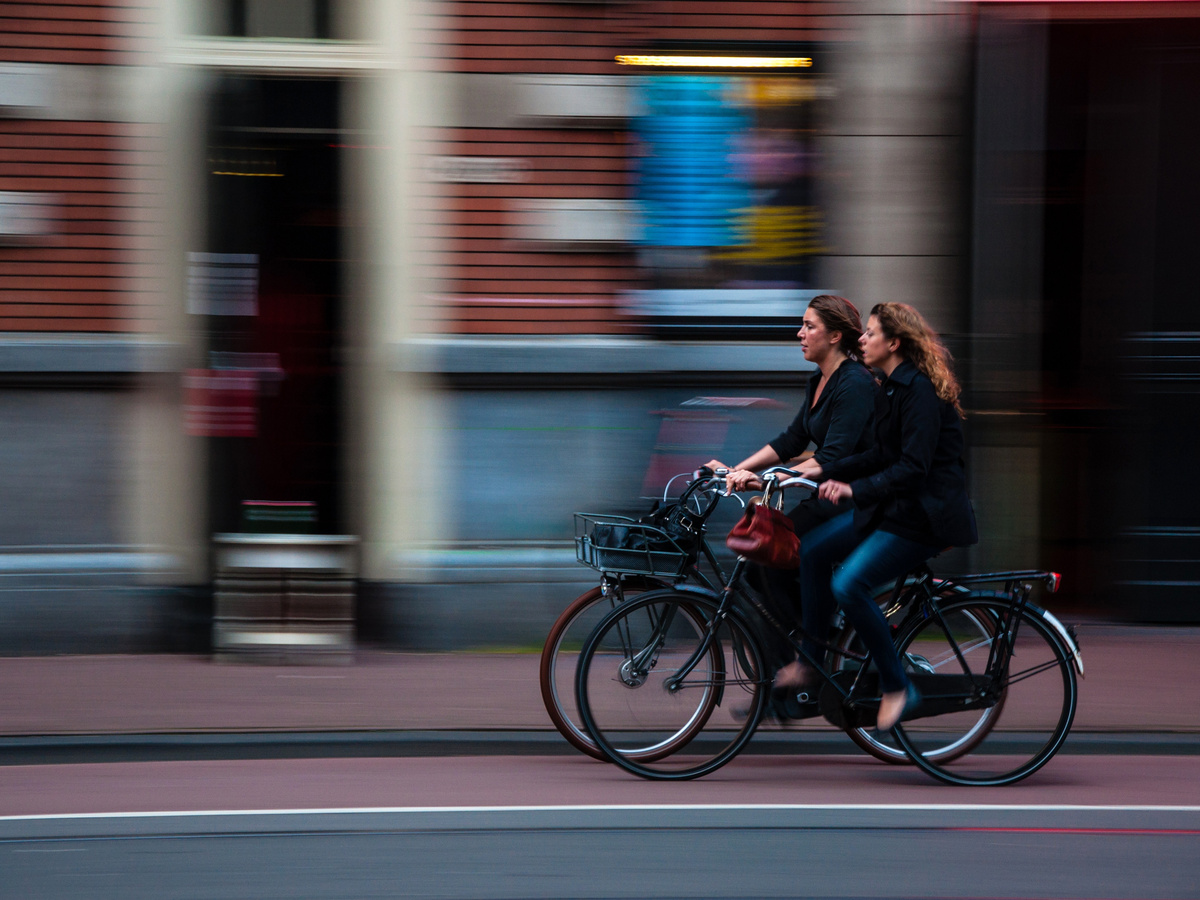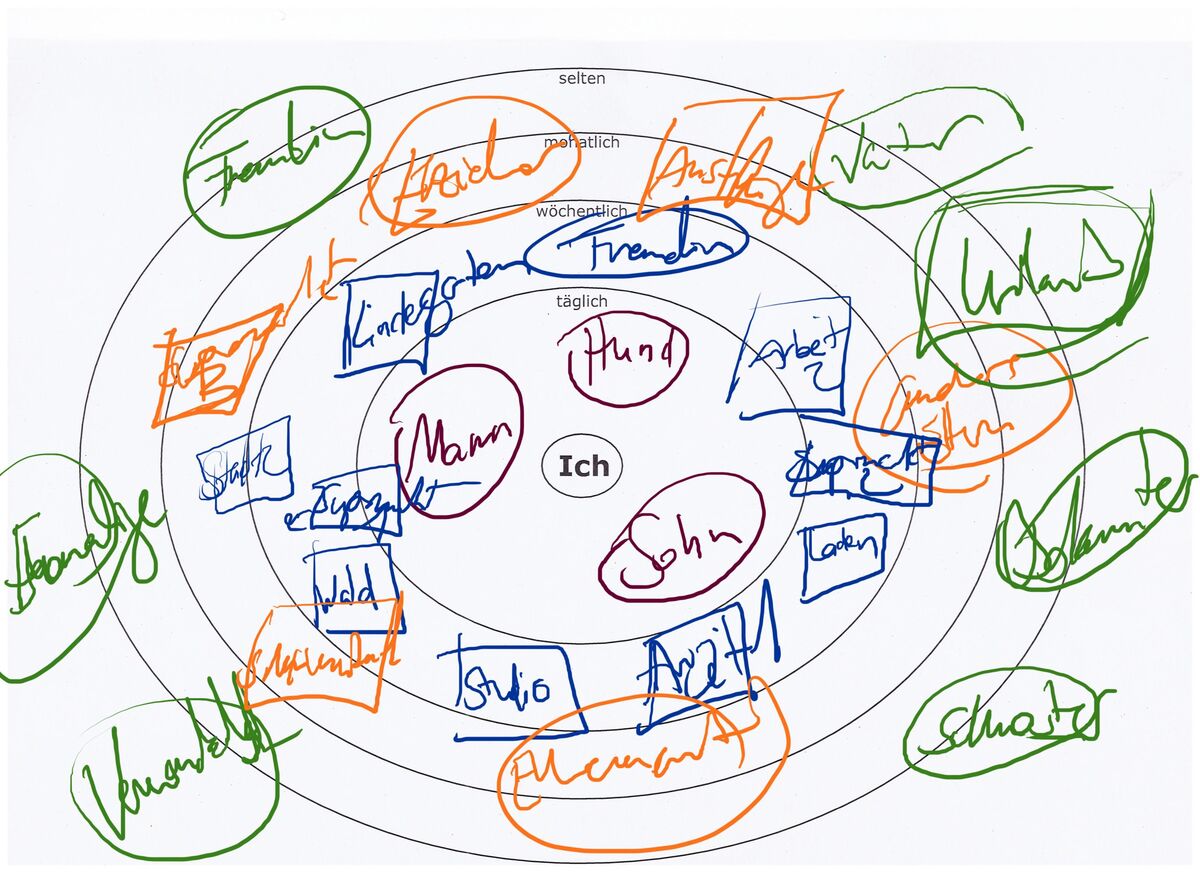Dissertation on the social context of mobility
Experts often emphasize the potential of digitalization processes for designing a more sustainable transport system. For example, they think of the efficient combination of modes of transport (multimodality) or computer-optimized routes of shared taxis. However, impact assessment for such innovations often is technologically biased and therefore does not do justice to the social aspects of mobility.
“It is often overlooked that our mobile routines are not always rational, but embedded in a social context,” says ITAS scientist Maike Puhe. The starting point of her PhD project is that everyday life takes place in a social network that includes relationships of varying intensity: It consists of close friends and family members, but also of the respective workplace, leisure activities, or shopping opportunities. This means, for example, that the decision not to buy a private car depends not only on whether public transport in a city offers low fares, but also on whether the multiple relationships that people have in their everyday lives can be maintained without owning a car.
Understanding individual mobility
“Taking account of this social network helps understand individual decisions and assess their changeability,” Maike Puhe states. Based on a qualitative interview study in Karlsruhe, she wants to gain a better understanding of how young people, with and without children, configure their networks and how these can be changed toward more sustainable mobility solutions.
The results will, finally, be incorporated into the mobiTopp travel demand model developed by the Institute for Transport Studies at KIT. This allows simulating traffic demand on a microscopic scale by means of a multiplicity of “agents”. It enables the simulation of new mobility concepts, such as electric mobility or car-sharing, thus providing information on more sustainable design of transport systems. mobiTopp has already been applied to the Stuttgart region and is currently being further developed for the Karlsruhe region. (02.07.2019)
Further links:



